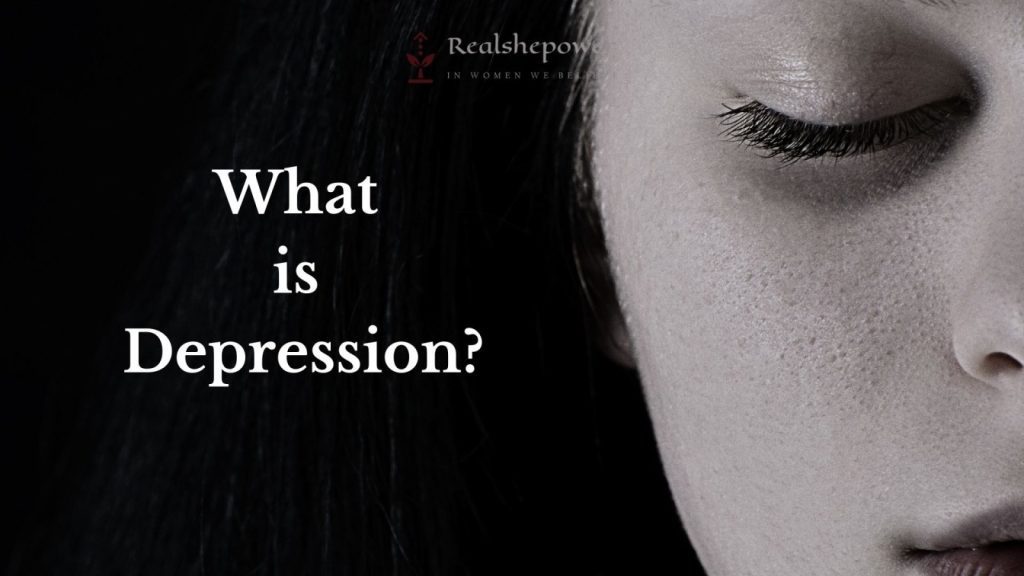Research Found Smoking Precedes Depression And Why This Must Worry Us


Nearly two million youngsters in the United States suffer from depression, with girls more than double the number of boys who show signs of mental illness. For some teens, cigarette smoking relieves the pressure of school. Others find it relaxing and use it as a short-term diversion from interpersonal and familial difficulties.
Smoking causes a number of major physical and mental health issues in adolescents and young adults, despite the momentary relief it offers its users. 3,450 youngsters between the ages of 12 and 17 will light up their first cigarette today. About 850 of them will start smoking every day. Additionally, a sizable portion of the 840 smokers will experience depression at some point in their lives.
There is a statistical connection between young cigarette smokers and the later onset of depression, according to “Tobacco: The Smoking Gun,” a study done by Columbia University’s National Center on Addiction and Substance Abuse.
Researchers at the center discovered that among adolescents aged 12 to 17, twice as many smokers (16.8%) experienced major depressive episodes in a year compared to nonsmokers (7.7%), using information from the National Survey on Drug Use and Health.
The evidence indicates that smoking precedes depression, but the causes of this are not well known. Researchers have studied how smoking impacts lab rats’ mental health, and they now think smoking may have an impact on how the brain develops.
They looked at nicotine’s effects on young lab rats and discovered that it decreased serotonin, the brain chemical in charge of positive emotions like happiness. The results of this investigation led the researchers to form the hypothesis that nicotine, the drug-like substance in cigarettes, directly impacts serotonin. Researchers contend that teens’ serotonin levels are similarly impacted by nicotine use.
The risk of depression keeps rising for smokers who begin when they are young and keep smoking throughout their teens. Nearly 43% of cigarette smokers over the age of 20 experience depressive episodes each year, according to data from the U.S. Centers for Disease Control and Prevention.
There is also a need for additional preventive initiatives to inform teenagers about the risks of smoking, as 80% of adult smokers begin before the age of 18. Furthermore, in a scientific brief from the World Health Organization (WHO), it was observed that smoking increased the incidence of severe symptoms and death among COVID-19 hospital patients compared to non-smokers.
Nearly 14% of adults in the United States still smoke, despite the risks. The main causes of this are nicotine’s addictive nature and the difficulty of quitting the habit. But assistance and support are readily available.
Some of the most effective methods to quit smoking include nicotine replacement therapy, E-cigarettes, cognitive behavioral therapy (a method of counseling or talking therapy that helps people change habits that are not helpful), and using an app to track habits.
More on Depression
Become a member of the RealShePower community




